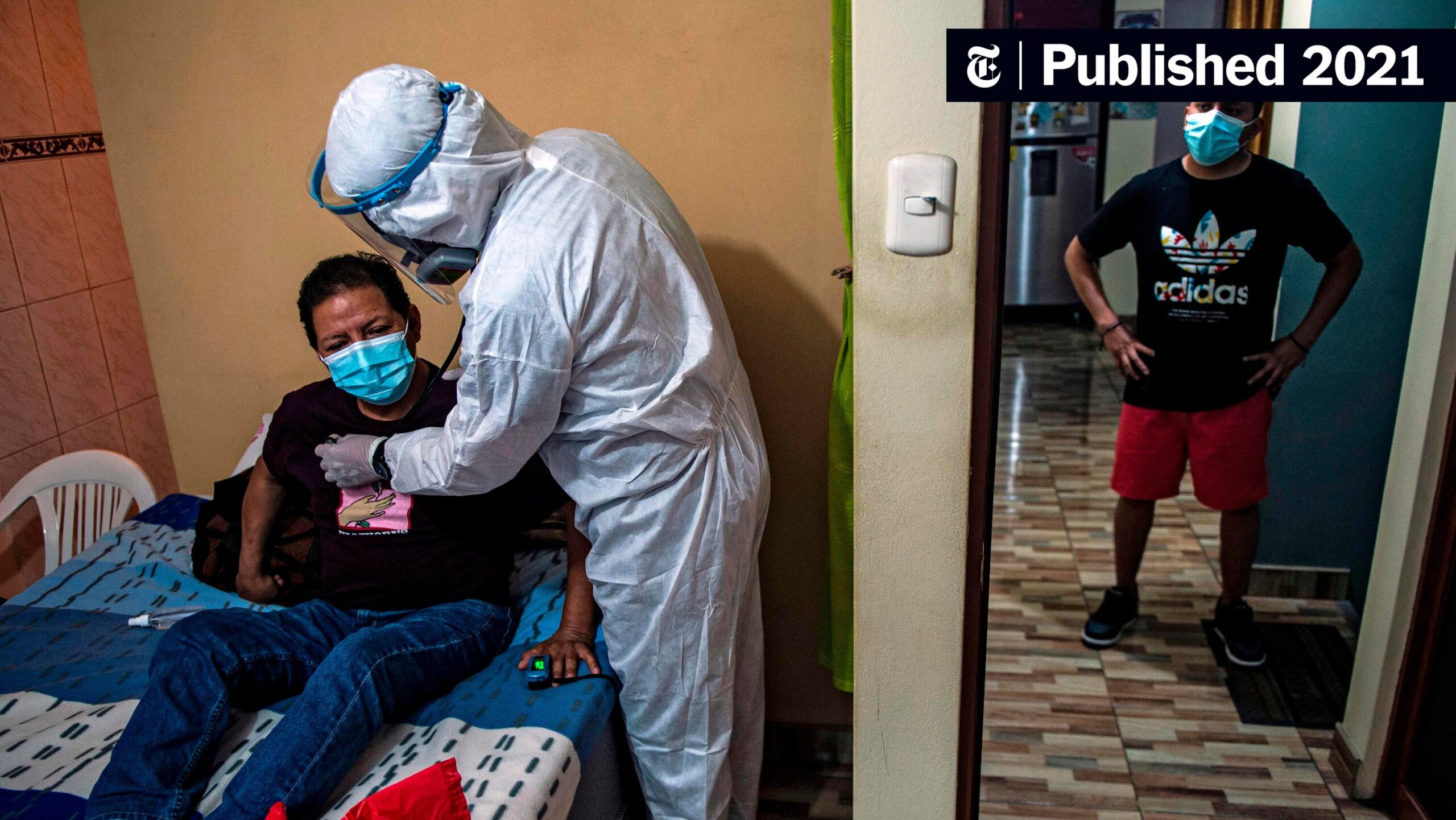As humanity grapples with the COVID-19 pandemic, a contemplative question arises from the depths of Bahá’í teachings: could we perceive the pandemic as a calamity or rather as an act of providence? This inquiry throws open a window to explore the profound insights offered by Bahá’í philosophy. The pandemic, a global crisis that transcends borders, serves as an unprecedented challenge and a unique opportunity for introspection and reformation. Engaging with this topic entails a multifaceted examination of calamity through the Bahá’í lens, interwoven with the concept of providence.
To commence, defining calamity within the framework of Bahá’í teachings is essential. Calamities often manifest as tests—a means of spiritual fortitude and growth. These tests, while arduous, are fundamentally intended to elevate the soul. The Bahá’í faith posits that every striving soul is presented with trials to refine their character. Thus, can we embrace COVID-19 as a significant spiritual test, encouraging us to cultivate resilience and adaptability in the face of adversity?
Furthermore, the narrative of calamity necessitates an exploration of its impact on societal dynamics. The COVID-19 crisis has unveiled the vulnerabilities woven into the fabric of human existence, highlighting the disparities in healthcare, economics, and mental wellness. This devastating reality poses a challenge—a challenge to our collective integrity and moral responsibility. It begs the question: how might the principles of unity and equity espoused in Bahá’í writings guide us toward a more equitable response to such a calamity?
In this light, providence emerges as a guiding beacon. Bahá’í teachings epitomize the idea that all events in the universe serve a divine purpose. Whether perceived as personal or collective calamities, they are intricately woven into the tapestry of our spiritual evolution. Many Bahá’ís interpret the pandemic not merely as a misfortune but as an opportunity for societal recalibration. Indeed, could the pandemic serve as a catalyst for a global upheaval towards greater unity? As we ponder these possibilities, let us evaluate how each calamity carries the seeds of transformation.
As we sift through the multifarious lessons encapsulated in this pandemic experience, the value of communal engagement comes to the fore. The Bahá’í principle of collective action can be examined as a possible remedy to the ills exposed by this crisis. The pandemic has necessitated collaboration on unprecedented scales, urging individuals, communities, and nations to unite in the face of shared adversity. This reflects the Bahá’í assertion that through unity, humanity can rise above individual trials.
Additionally, a crucial aspect of Bahá’í teachings involves the importance of knowledge and education, particularly in times of crises. The spread of misinformation during the COVID-19 pandemic reveals a deeper societal malaise. How do we navigate the dangerous waters of misinformation to uncover truths that serve the well-being of mankind? Bahá’í teachings advocate for the pursuit of knowledge, asserting that informed individuals contribute significantly to the resolutions of communal challenges. Hence, the pandemic could be seen as a clarion call for enlightenment amidst confusion—a potential divine directive that implores us to seek knowledge and share understanding.
This brings us to a salient point: the moral fabric of our civilizations is put to the test amidst adversity. Ethical considerations surrounding public health responses, vaccine distribution, and economic recovery procedures reflect the degree to which we prioritize justice and equity. The Bahá’í writings unfurl an unequivocal advocacy for the marginalized, emphasizing that divine providence always inclines toward the upliftment of the downtrodden. Thus, engaging with the pandemic as a calamity should activate our moral faculties, fostering a collective commitment to equitable solutions that transcend self-interest.
Moreover, one cannot ignore the profound spiritual solutions that emerge from this dance between calamity and providence. In the middle of a public health crisis, the teachings encourage deep contemplation, inviting adherents to reflect on their individual and collective responsibilities. The practice of prayer and meditation serves not merely as a recourse for solace but as a powerful tool for spiritual rejuvenation and communal strength. Would it not be prudent to embrace these spiritual practices more profoundly during such trying times?
In conclusion, the interplay of calamity and providence within the context of COVID-19 elicits a unique opportunity. It is evident that Bahá’í teachings provide a framework that compels individuals and communities to engage thoughtfully with the challenges of our time. While calamities invoke discomfort, they also hold the potential for profound growth and reformation. With every challenge lies an invitation toward a nobler existence—a call to prioritize unity, knowledge, and moral responsibility in every facet of life. As humanity stands at this juncture, can we collectively manifest the virtues extolled in the Bahá’í writings to emerge from this crisis not merely unscathed, but transformed?
